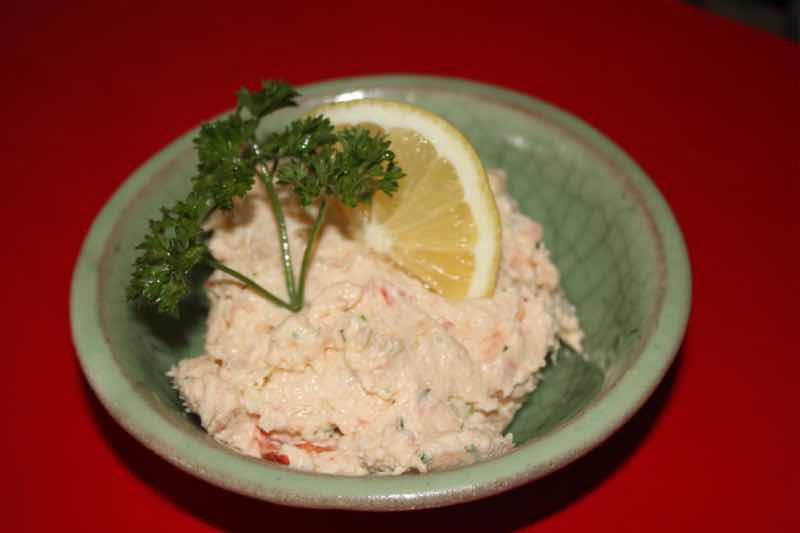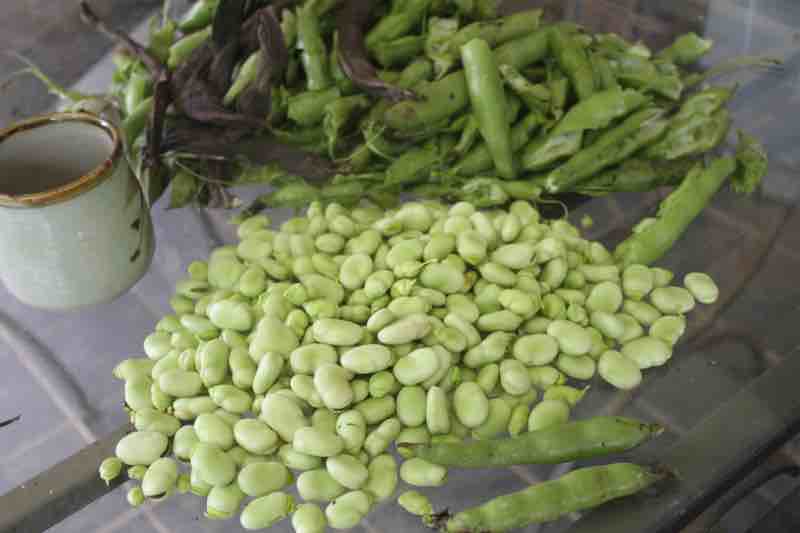- Homepage
- Frailty syndrome
- Vitamin D Slows Cellular Aging
Vitamin D slows cellular aging
Vitamin D slows cellular aging by minimising the shortening of gene structures known as telomeres; the protective caps at the ends of chromosomes.
Chromosomes are molecules of DNA that carry our genetic information; they have long threadlike structures ending in the telomeres.
These telomeres stabilise and keep the integrity of these cells when they are dividing.
Longer white cell telomeres for example are associated with a reduced risk of stroke, depression and dementia in older folk. Memory particularly in women was strongly associated with vitamin D levels.
What is senescence?
There are some technical terms we need to grasp but I'll try and keep it simple. The telomere is one of them. Another is senescence; it is the process of growing older as we are all doing. Vitamin D slows this cellular aging.
When a cell senesces it begins to deteriorate; it stops dividing but it doesn't die. The telomeres shorten and when large numbers of these aging particles build up in the body then we rapidly grow old. Science has proved this process can be slowed; but how?
These shortened telomeres are strongly associated with premature aging; the early onset of frailty. Conditions of the brain and the heart begin to show their faces long before their time; we start to lose our marbles.
One in nine Americans by the age of 65 has Alzheimer's Disease; it is possible to slow this cellular aging but it is only for those who really want to "live long in the land."
Certain changes have to be made long before the onset of this early frailty of body and mind; but even then it's not too late. Start by getting more vitamin D.
 Salmon is a rich source of vitamin D
Salmon is a rich source of vitamin DRegularly take a walk in the sun
Take a daily walk in the sun with a hat on; protect the nose, face and ears from skin cancers. We could argue about how long but that is not sensible; it depends on how far from the equator you live and the season. Just get out of doors every day; jump on your bicycle, dig in the garden and smell the roses.
Researchers discourage vitamin D supplements; they are associated with kidney stones and other serious side effects. Get the nutrient from your food and exposure to sunshine.
Large groups of people are now forest bathing; getting out of doors, focusing on all their senses. That means listening to the sound of the wind in the willows, perhaps the overpowering scent as you walk past a beehive in the season and tasting a cherry guava.
Just spending more of your life out of doors will also protect your eyes from myopia, a serious disease associated with too much screen time by the way.
Vitamin D deficiency is extraordinarily common amongst certain high-risk populations. The data in regard to its correlation with liver disease is strongest.
Vitamin D is synthesized in the skin following sun exposure and is then transported to the liver and kidneys for transformation into its biologically active form; sunlight remains the primary source.
- Prof David A. Johnson, MD, past president of the American College of Gastroenterology.
Vitamin D
You can get vitamin D from supplements and from your food but the chief source is sunlight; that means spending time out of doors. The ultraviolet doesn't penetrate through glass by the way.
In the VITAL trial they found that vitamin D supplements reduced the prevalence of fatal cancers, serious autoimmune diseases like lupus and reduced the biomarkers associated with inflammation.
Researchers have now shown that vitamin D does this by preserving the length of these telomeres; and that protects cells that are busy dividing from premature aging.
In just four years they found that in the placebo group there was substantial shortening of the telomeres; but those taking the vitamin D supplements were hardly affected.
They found that the placebo group aged by four years in that period but those exposed to vitamin D by only one; they were predicted to live 36 months longer.
Vitamin D from our food
Although this research was done using vitamin D supplements so they would know exactly how much each person was receiving, the strong medical opinion today is that it is more effective from sunshine and our food.
The material expressed on this page is gleaned from the nutritional and environmental literature; it is clearly referenced. A plain distinction is made between the author's opinion and that which is scientifically proven. When in doubt consult your health professional.
To suggest a correction or clarification, write to Dr Bernard Preston here. Contact.
Blue Zone longevity
There are five places on the planet where one in three persons reaches an active and busy age of ninety; and ten times as many turn a hundred. They don't just achieve long lives; it is a quality life too.
None of us has any desire whatsoever to reach ninety having lost our marbles or spending our days in bed; in the current jargon we are looking at "health span."
The lifestyle factors that enable these folk to enjoy these extraordinarily long zestful lives are complex; but interestingly in all five they are gardeners and much of their food they have grown themselves. They spend a lot of time out of doors getting plenty of sunshine and vitamin D.
Most unusual is that in all five they also grow broad beans, the only source of the happy hormone dopamine. Generally it's a much disliked legume; absolutely delicious eaten young and on the day it was harvested but starchy and awful otherwise.
 The only legume to have all the essential amino acids and rich in L-dopa
The only legume to have all the essential amino acids and rich in L-dopaGardening for vitamin D
Growing some of your own vegetables, taking time to smell the roses and enjoying sunshine all lie at the heart of better health. Three-quarters of grocery store shelf space is taken up with ultraprocessed food. The research is unequivocal; shortened telomeres, pain and disability await us.
Is it time to take stock of your life? What's important to you in the years that lie ahead?
"There is increasing evidence that exposure to plants and green space and particularly to gardening, is beneficial to mental and physical health."
- Clinical Medicine (PMC6334070)
Frailty syndrome
Frailty comes inevitably even to those who are privileged to enjoy long and fruitful lives; but research now indicates that British women on average are handicapped for a third of their days.
There are four vitamins that have been shown to be absolutely essential to prevent the early onset of frailty; it would seem that D must be now be added to them.
A vitamin D deficiency leads to various weak bone diseases including rickets. Three hundred years ago doctors already knew that exposing children to sunshine could cure this horrible disease.
Non-skeletal conditions and vitamin D
But just as significantly vitamin D is involved in a host of non-skeletal conditions[2].
- High blood pressure
- Very high cholesterol
- Multiple sclerosis
- Rheumatoid arthritis
- Tuberculosis
- Some cancers
- Covid-19
The amazing enquiring mind of a biochemist called Harry Steenbock found that irradiating certain foods like mushrooms and milk with ultraviolet light increased the vitamin D content and their ability to help with the bone strength diseases.
It's the UV in sunshine that when falling on the skin produces the precursors of vitamin D, helping to prevent osteoporosis in the elderly and rickets in children.
Immunity and vitamin D
Immune cells called macrophages and lymphocytes have vitamin D receptors. Exposing patients with illnesses like tuberculosis and Covid-19 to sunshine has been clearly shown to help both prevent and cure these conditions; or at least ameliorate them.
Bone strength in the lower limb
Astronauts returning from a prolonged spell in space were found to have an alarming loss of bone density in the lower limb but not in others in the arms or skull.
Then using a "hindlimb suspension device" in which rats had their weight offloaded from the back legs, scientists found that they lost 15% of the bone density in just two weeks; and confusingly with little change in calcium levels.
All of this confirms what we already know; we should all be walking regularly in sunshine to improve not only our bone strength but also our immunity; and even to prevent dementia. There is a direct correlation between the power of our thigh muscles and the neurodegenerative diseases.
Vitamin D slows cellular aging
Vitamin D slows cellular aging by protecting the chromosomes; best from sunshine and our food.
When browsing use right click and "Open Link in New Tab" or you may get a bad gateway signal.
Newsletter
Our newsletter is entitled "create a cyan zone" at your home, preserving both yourself and Mother Earth for future generations; and the family too, of course. We promise not to spam you with daily emails promoting various products. You may get an occasional nudge to buy one of my books.
Here are the back issues.
- Lifestyle and ideal body weight
- What are ultra-processed foods?
- Investing in long-term health
- Diseases from plastic exposure
- Intensive lifestyle management for obesity has limited value
- A world largely devoid of Parkinson's Disease
- The impact of friendly bacteria in the tum on the prevention of cancer
- There's a hole in the bucket
- Everyone is talking about weight loss drugs
- Pull the sweet tooth
- If you suffer from heartburn plant a susu
- Refined maize meal and stunting
- Should agriculture and industry get priority for water and electricity?
- Nature is calling
- Mill your own flour
- Bake your own sourdough bread
- Microplastics from our water
- Alternative types of water storage
- Wear your clothes out
- Comfort foods
- Create a bee-friendly environment
- Go to bed slightly hungry
- Keep bees
- Blue zone folk are religious
- Reduce plastic waste
- Family is important
- What can go in compost?
- Grow broad beans for longevity
- Harvest and store sunshine
- Blue zone exercise
- Harvest and store your rainwater
- Create a cyan zone at your home
Did you find this page interesting? How about forwarding it to a friendly book or food junkie? Better still, a social media tick would help.
- Homepage
- Frailty syndrome
- Vitamin D Slows Cellular Aging
Address:
56 Groenekloof Rd,
Hilton, KZN
South Africa
Website:
https://www.bernard-preston.com